When you have a baby you may feel overwhelmed by all the new things you suddenly have to cope with and breastfeeding may seem like yet another thing to get to grips with. Don't worry, learning something new is always a challenge and breastfeeding is no different. Get help from your midwife or health visitor to make sure you get off to a good start.
Why breastfeed in the first few days?
Feeding immediately after birth means that your baby will get your colostrum.
Colostrum is concentrated milk, designed to meet all your baby's needs for the first few days after birth. It's rich in protective antibodies and sometimes yellow in colour. You should breastfeed or express your milk right away to get the maximum benefit from this early milk. Breastfeeding or expressing in the first hours and days also helps establish a good milk supply if you want to keep going with breastfeeding or expressing your breast milk. You can find out more about expressing here.
Breastfeeding in the first few days also helps you form a special bond with your baby.
What happens when my baby's born?
You may think that breastfeeding is something that should come naturally. But this simply isn’t true. It’s a skill that you and your baby learn together, and the journey starts as soon as they’re born. But the good news is, your midwife is there to help you take the first steps.
After your baby is born, you’ll be encouraged to have skin-to-skin contact with your baby straight away. Skin-to-skin means holding your baby naked or dressed only in a nappy against your skin, usually under your top or under a blanket. Skin contact after birth has an amazing effect on babies – it's often called the 'magical hour'. You can read more about this in our page about meeting your baby for the first time.
Skin-to-skin helps your baby keep warm and stay calm. It releases lots of feelgood hormones and is a great bonding experience for you and your baby. It's even been shown to help boost your mental health, and the mental wellbeing of your baby. It’s also a good time to have your first breastfeed. Your midwife will support you with positioning and attachment if you need a bit or help.
After the first skin-to-skin contact, your baby may then feed infrequently. However, all babies are different – the first day could see your baby not feeding at all or seeming to feed constantly in short spurts – this is known as cluster feeding. Both are usual for newborns.
What happens when I’m breastfeeding?
When your baby sucks during breastfeeding, your milk is squeezed down ducts towards your nipples. This causes a strong tingling feeling for some women, although others won't feel anything at all. You'll notice your baby responding with deep rhythmic swallows as the milk starts to flow. If your baby seems to fall asleep before the deep swallowing stage, check they’re properly attached.
You can find out more about getting comfortable and correct attachment here.
What happens in the next few days?
Around day 3-4, you'll probably notice your breasts becoming fuller and warmer. This is your milk 'coming in'. Your baby is ready for more milk and so your body is now producing more. It'll adapt according to your baby's needs and might look thin compared to colostrum (the concentrated milk you produce right after the birth), but it will get creamier as you continue to feed. Your breasts will be fuller and heavier than usual, but any discomfort you feel should pass in a couple of days.
How will I know when my baby's hungry?
Babies may not be able to talk, but they can still communicate and make demands! Our page on feeding cues has more information on how to spot when your baby’s hungry – you’ll soon learn their signs.
How will I know if my baby’s getting enough milk?
Because they can't see exactly how much milk a baby is drinking when breastfeeding, some mums worry if their growing baby is getting enough. You can find out how to tell whether your baby’s getting enough milk here.
How do I feed responsively?
The best thing you can do in the early days and weeks is feed your baby whenever they show signs of being hungry and for as long as they want. Many babies fall into a pattern as their tummy grows and they get used to day and night hours. However, your baby is growing at such a rate that the pattern may change frequently – this is completely normal.
Your baby’s brain is changing very quickly so they need to know they're safe, secure and loved to grow into happy children. You can make them feel this way by:
- responding quickly to signs they're hungry or upset
- limiting the number of people caring for your baby
- holding, carrying and cuddling your baby
- making eye contact, talking to your baby and smiling.
Research shows that it's best for your baby to give them time to fall into their own eating and sleeping pattern – though it can be exhausting if your baby doesn't fall into any type of schedule after a few months. Just hang in there, the time between feeds will grow longer as your baby's tummy develops and they'll soon start to sleep longer at night. In the meantime, our page on coping with breastfeeding at night has some tips to help.
How do I burp my baby?
When your baby’s feeding, air bubbles can get trapped in their tummies, which can be uncomfortable for them. So it’s important to wind or burp your baby while they’re feeding or after they’ve fed. Your baby will let you know if they’re feeling uncomfortable and need help to burp! You can find out more on the NHS website.
Should breastfeeding hurt?
At first breastfeeding may feel uncomfortable for the first few sucks but it should never hurt, so if it does seek help from a health professional or phone the National Breastfeeding Helpline.
For some women, breastfeeding can take a bit of getting used to, and many women find their nipples can be sore in the early days as their body adapts. If you experience any pain, try not to worry, as there are ways to make it better – you don’t have to suffer through it. Often breastfeeding problems are caused by incorrect attachment: if your baby’s latching on to the breast properly you’re far less likely to experience any discomfort. Our page on correct attachment has as step by step guide you can follow, and your midwife, health visitor or infant feeding advisor will be happy to help you with this.
Our section on common breastfeeding challenges explains what you can do if any problems arise – there are always things you can do to help!
In this video, NHS Lothian Midwife Elaine explains why the benefits of breastfeeding outweigh any challenges you may encounter.
Why should I carry on breastfeeding?
Research shows that the longer you breastfeed, the more protection you give your baby from infections and illnesses, as well as conditions like asthma or diabetes in years to come. It also shows that longer breastfeeding provides more protection for you against breast and ovarian cancer, and osteoporosis.
In addition, breast milk is easier to digest than formula, meaning your baby will be happier, healthier and more settled.
Parent Club's top tips for new mums
- Both you and your baby are learning something new so don't worry if it takes a few days or even weeks to get the knack of breastfeeding.
- Find a feeding position that works for you, everyone is different so keep trying new ones until you're comfortable.
- Aim for as much bare skin-to-skin contact with your baby as possible.
- Try to notice when your baby is hungry before any crying begins as it's much easier to attach them to your breast when both of you are calm.
- Make sure you try and sleep whenever your baby does, whatever time of day or night that may be.
- Don't worry if your baby wants to feed frequently, this is a good thing. Whenever they seem interested in feeding, let them, even if you've just fed them.
- There are so many places you can go to for help and people you can turn to – never be scared to ask for support!
 Activities & Play
Activities & Play Behaviour
Behaviour Childcare
Childcare Development & Growing Up
Development & Growing Up Family, Friends & Relationships
Family, Friends & Relationships Feeding Your Baby
Feeding Your Baby Food & Eating
Food & Eating Health & Safety
Health & Safety Mental Health & Wellbeing
Mental Health & Wellbeing Money & Work
Money & Work Online Behaviour & Safety
Online Behaviour & Safety Pregnancy & First Days
Pregnancy & First Days School & Education
School & Education Sleep
Sleep


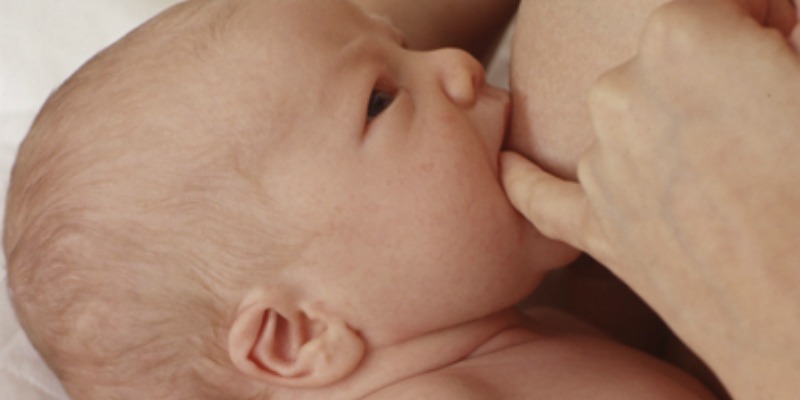
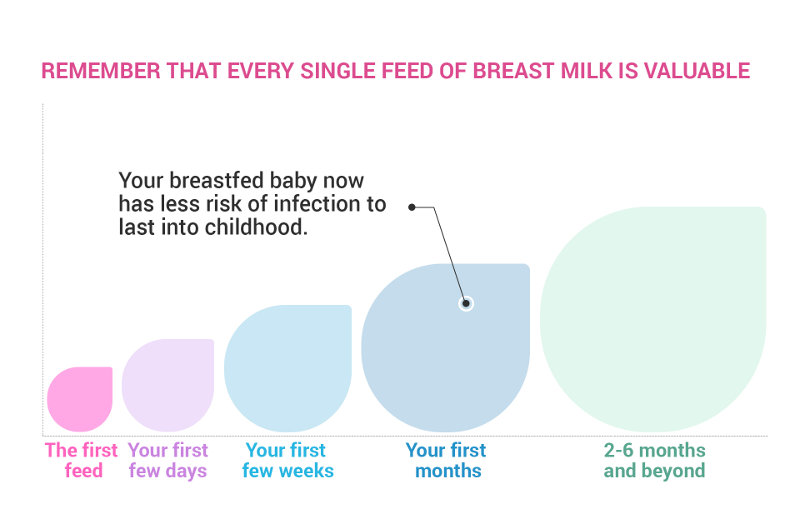
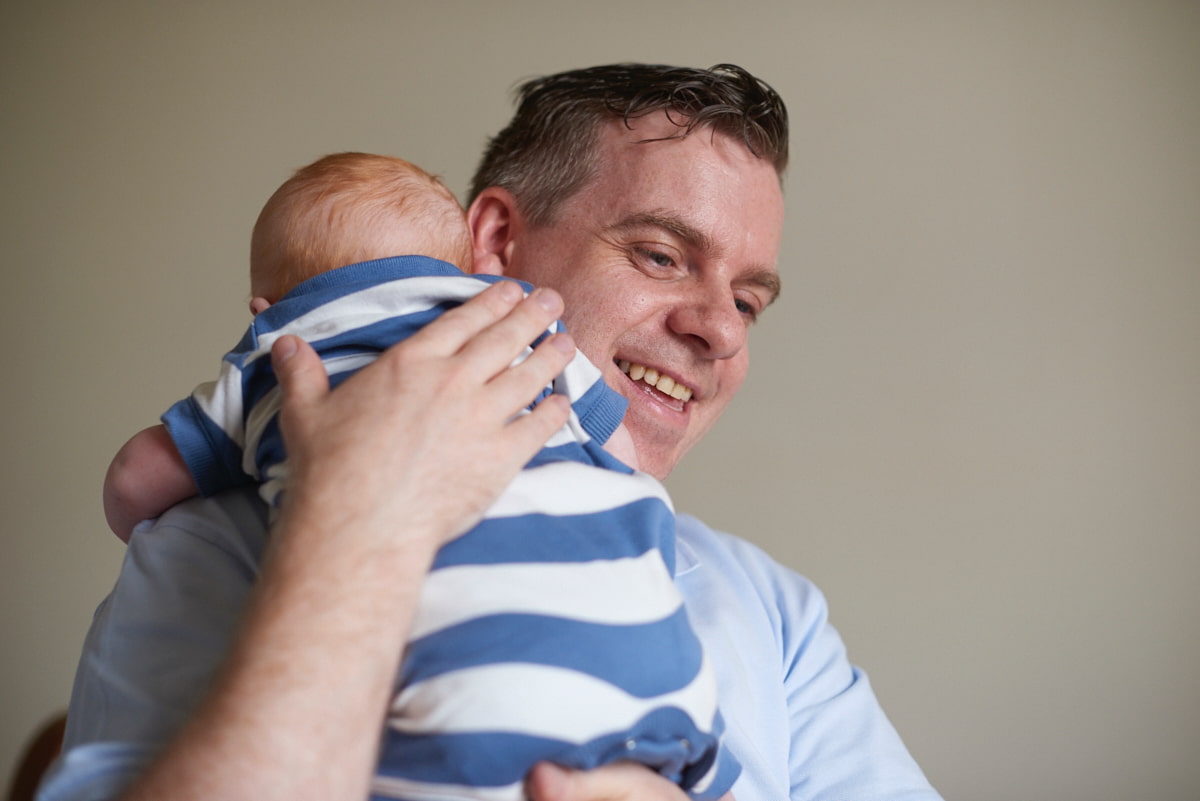
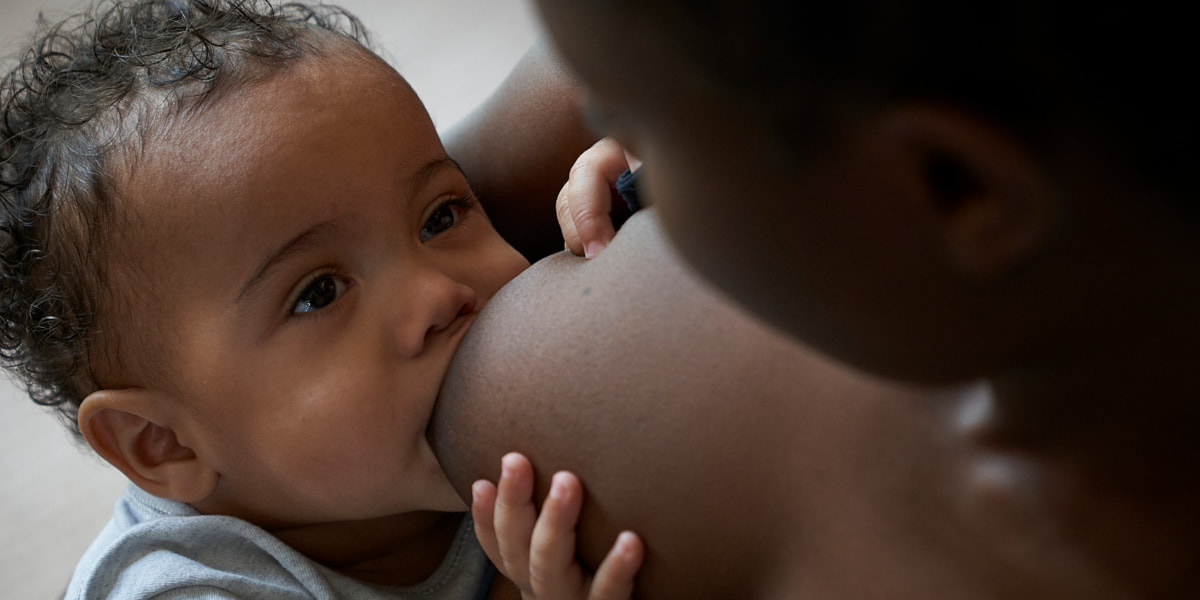
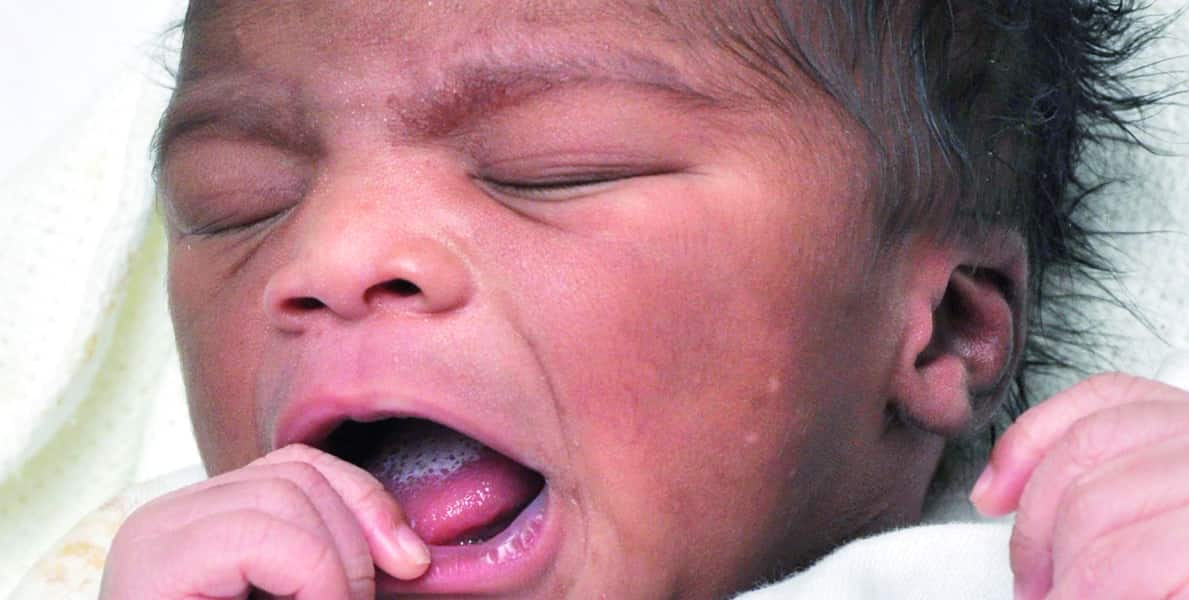

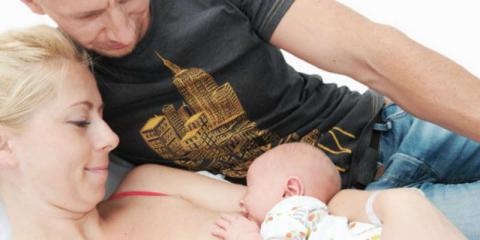

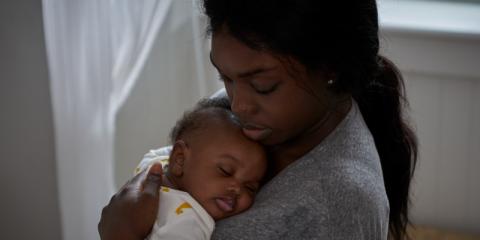

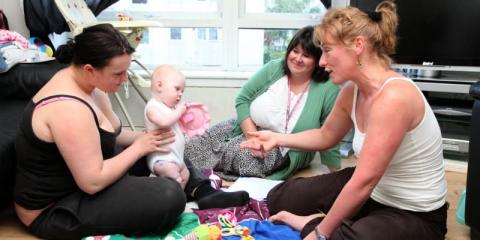
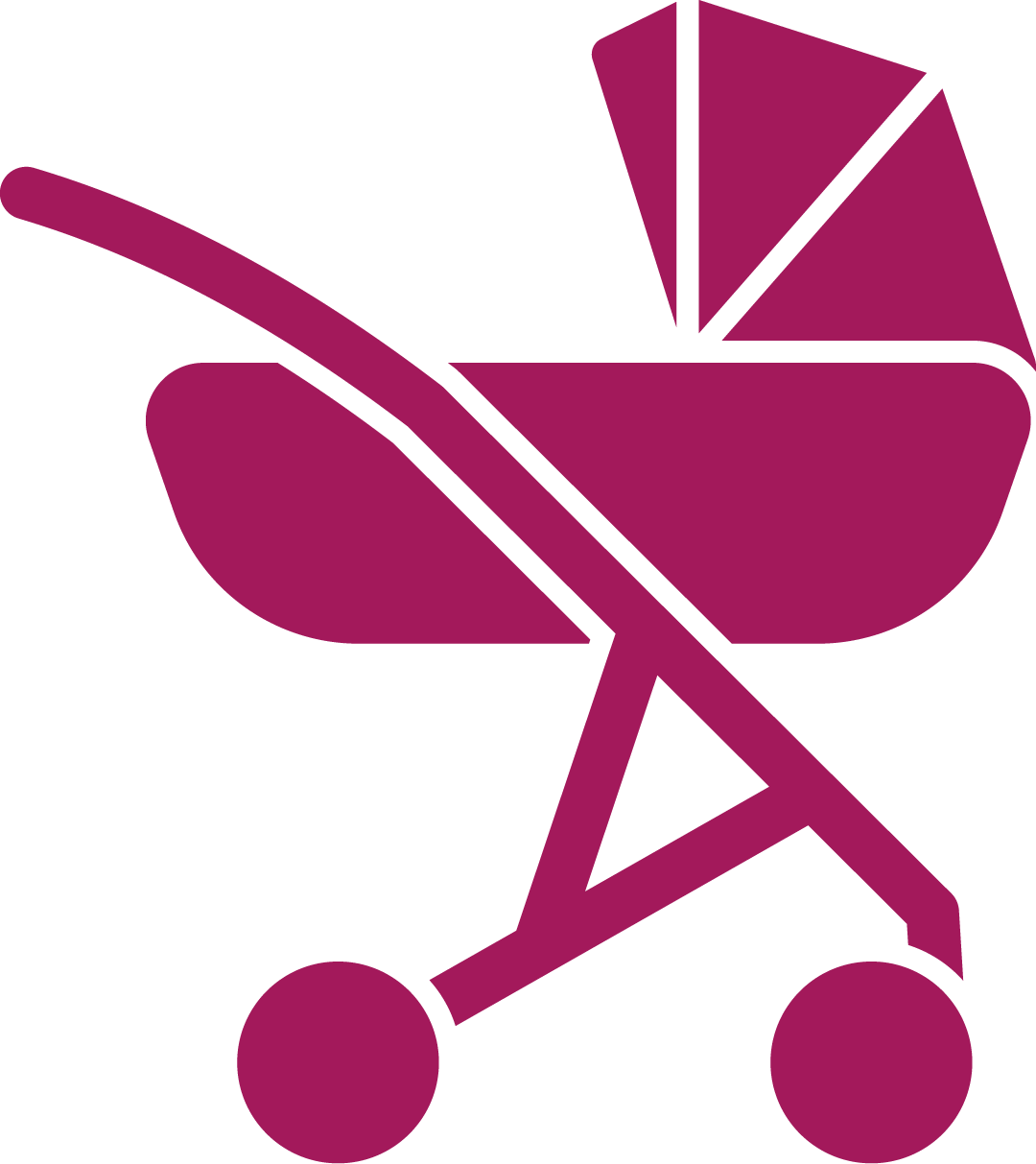 Pregnancy & First Days
Pregnancy & First Days
 Sleep
Sleep